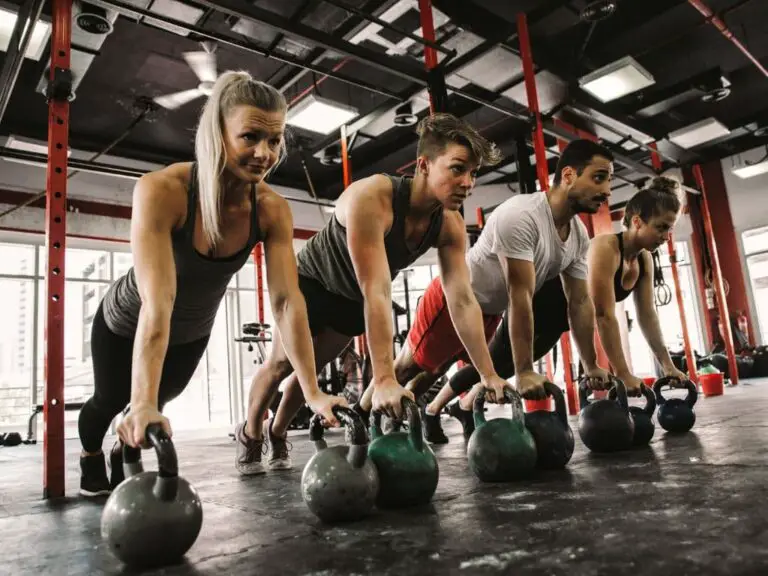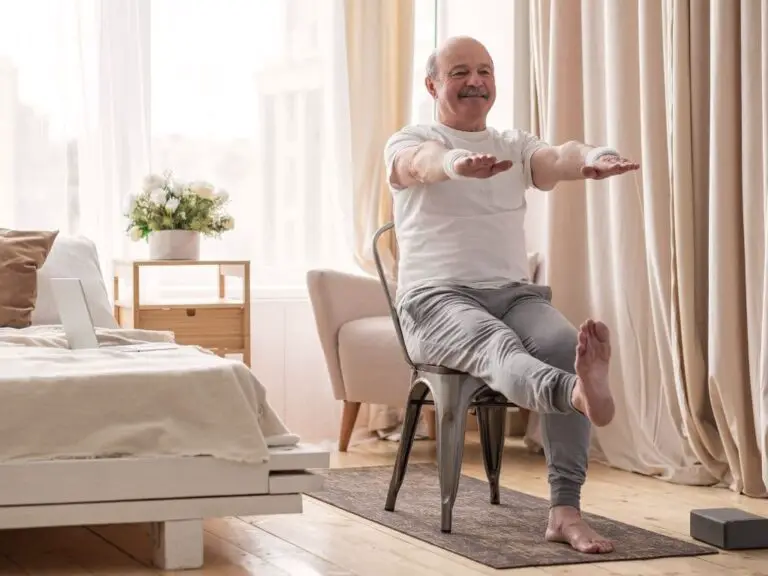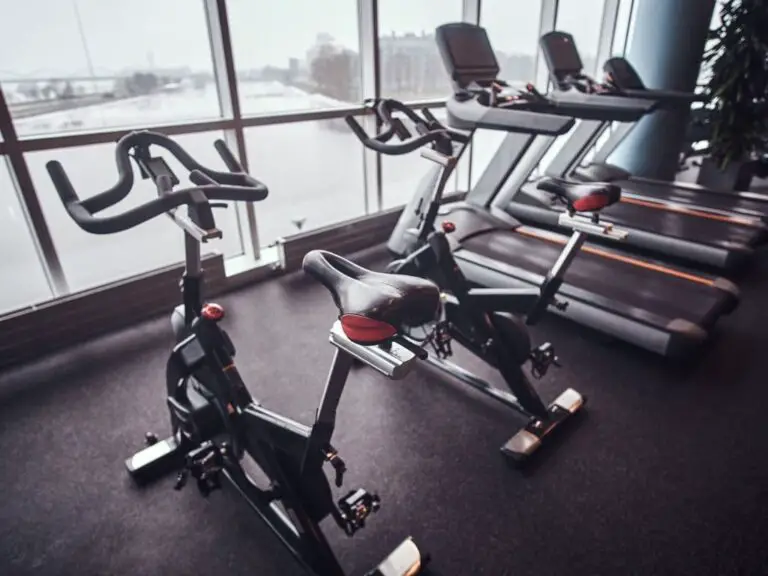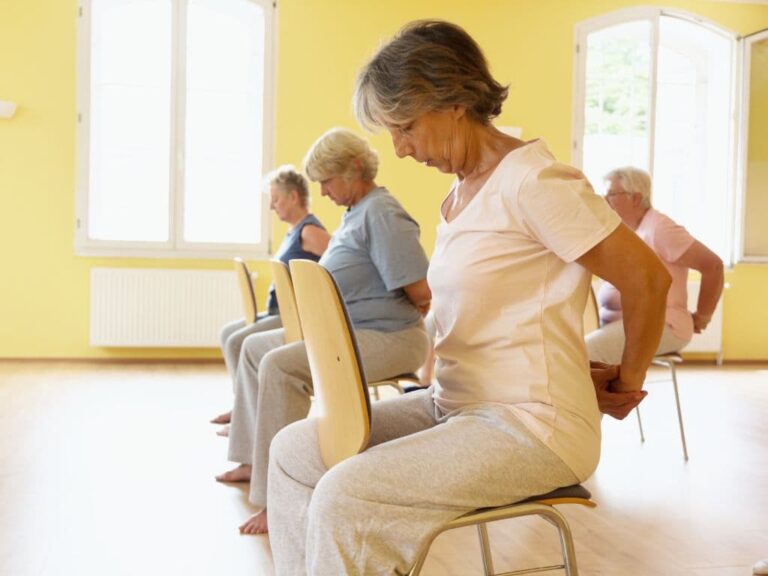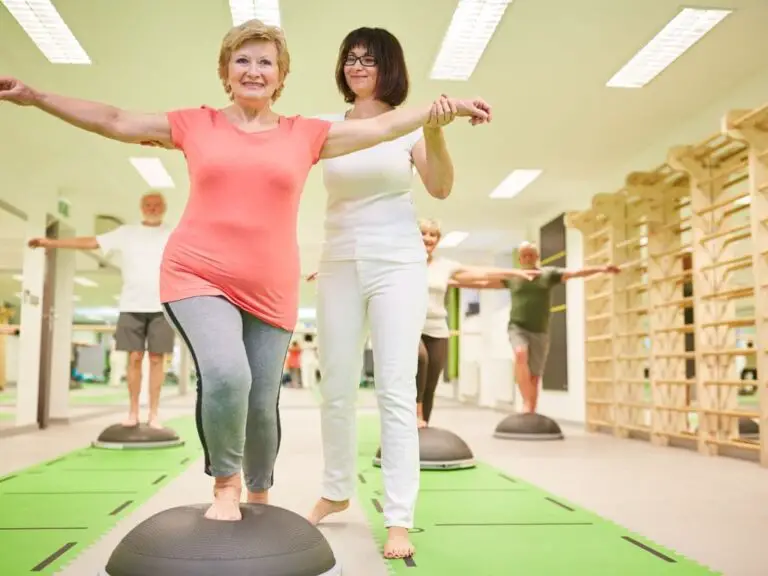How Long Does It Take to Walk 2 Miles?
Are you a senior citizen looking to incorporate more exercise into your daily routine? Walking is a great way to stay active and maintain a healthy lifestyle.
But you might be wondering, how long does it take to walk 2 miles?
On average, it takes around 40-50 minutes for a senior to walk 2 miles at a moderate pace. However, the actual time it takes can vary depending on a variety of factors such as age, fitness level, terrain, and walking speed.
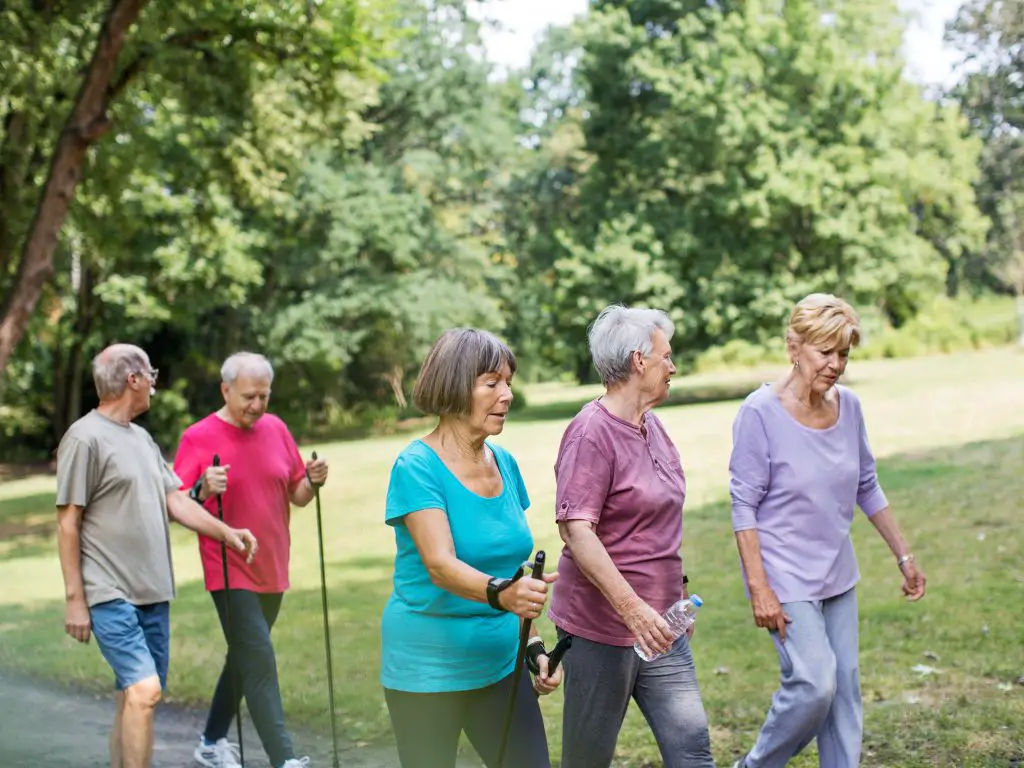
In the rest of the blog, I’ll explore the factors that can affect your walking speed and give you an estimate of how long it might take you to complete a 2-mile walk.
Let’s Calculate the Time It Takes
So how long does it take to walk 2 miles for a senior citizen?
- Walking at a moderate pace of 3 miles per hour will take you about 40 minutes to walk 2 miles.
- If you walk at a brisk pace of 4 miles per hour, it will take you about 30 minutes to walk 2 miles.
- If you’re walking on hilly terrain, it may take you longer to walk 2 miles. It could take you anywhere from 45 minutes to an hour or more, depending on the steepness of the hills.
- If you’re just starting out with a walking routine and are walking at a slower pace, it may take you closer to an hour to walk 2 miles.
Factors Affecting the Time It Takes to Walk 2 Miles
As we mentioned, there are several factors that can affect how quickly a senior citizen is able to walk. Here are a few things to keep in mind:
1. Age
As we get older, our bodies naturally slow down, and our muscles and joints may become stiffer or weaker. This can make it harder to walk quickly.
2. Fitness Level
Regular exercise can help improve cardiovascular health and muscle strength, which can help seniors walk more quickly. However, if a senior citizen has been sedentary for a long time, it may take some time to build up their fitness level.
3. Terrain
Walking on a flat, smooth surface is generally easier than walking uphill or on uneven terrain. If the walking route includes hills or rough terrain, it may take longer to cover the 2-mile distance.
4. Walking Speed
Your walking speed is a significant factor in determining how long it will take you to walk 2 miles. A moderate pace is considered to be around 3 to 4 miles per hour. If you walk at a slower pace, it will take you longer to cover the distance.
Benefits of Walking 2 Miles for Seniors
Walking 2 miles can have several benefits for senior citizens, including:
1. Improved Cardiovascular Health
One of the primary benefits of walking 2 miles is improved cardiovascular health. Regular walking can help strengthen the heart and lower blood pressure. This reduces the risk of heart disease and stroke. For seniors who may have a higher risk of these conditions, walking can be an excellent way to improve their overall health.
2. Stronger Muscles and Bones
Walking can also help improve muscle strength and bone density. This is particularly important for seniors, who may be at a higher risk of falls and fractures. By strengthening their muscles and bones through walking, seniors can reduce their risk of these injuries and improve their overall mobility.
3. Better Mental Health
In addition to physical health benefits, walking 2 miles can also have a positive impact on mental health. Walking can help reduce stress and anxiety, improve mood, and boost overall mental well-being.
Tips for Walking 2 Miles
Walking is a low-impact exercise that can benefit seniors in many ways, from improving cardiovascular health to reducing the risk of falls. If you’re a senior citizen, walking can be a great way to improve your overall health and well-being. Here are some tips for walking 2 miles:
1. Start Slow
First and foremost, start slow. If you’re new to walking, begin with shorter distances and gradually work your way up to 2 miles. This will help your body adjust to the exercise and reduce the risk of injury.
2. Wear Proper Shoes
When choosing shoes for walking, make sure they are comfortable and provide adequate support. Ill-fitting shoes can cause blisters and other foot injuries that can make walking uncomfortable or even impossible.
3. Stay Hydrated
Staying hydrated is essential during any exercise, especially in hot weather. Bring a water bottle with you and take sips regularly to prevent dehydration.
4. Use a Good Posture
Good posture is key to walking safely and comfortably. Stand up straight, engage your core muscles, and keep your head up and your eyes forward. This can help improve your balance and reduce the risk of falls.
5. Use Walking Aids
If you have difficulty with balance or mobility, consider using a walking aid such as a cane or walking stick. These can help you feel more stable and confident, allowing you to enjoy your walk more fully.
Final Thoughts
In conclusion, the answer to the question “How long does it take to walk 2 miles?” varies from person to person and can be influenced by a variety of factors such as age, fitness level, and terrain.
For senior citizens, it is important to take into account any health conditions or physical limitations they may have. A safe estimate for a senior citizen with an average walking pace would be around 40-50 minutes.
It’s always best to start slowly and gradually increase the distance and pace over time. Walking is a great form of exercise for seniors and can provide many physical and mental health benefits. It’s important to listen to your body and consult with a healthcare provider before starting any new exercise program.
So, grab your walking shoes and start enjoying the great outdoors!
Frequently Asked Question
-
How long does it take to walk 2 miles?
What is the average time it takes to walk two miles? Two miles can be walked in 30-40 minutes. If you are walking at a steady pace, it takes you around 20 minutes to walk 2 miles.
-
How many miles should a 68 year old woman walk?
According to research published in The American Journal of Medicine, women who regularly walk more than 1 mile per day are healthier than those who do not.
-
How can I transform my body at 60?
You can switch between strength and aerobic exercises five days a week, aiming for at least 30 minutes. Choose activities that you like. Find something you like, or something you have done in the past and move. Walking, biking, pilates, sport, dancing, or bicycling are all options.
-
How do seniors clean after a bowel movement?
Always wipe your back from the front and sides of a stool after you have passed it. Avoid skin-to-skin contact when using a stool. Use plenty of folded or crumpled toilet tissue to reach between your legs and behind your back. Move toward the anus and backwards from your perineum, which is the area between the genitals.
-
Is 77 old for a woman?
The chronological age at which an individual is considered to be 65 years old or more has traditionally been the definition of the “older” category. People aged 65-74 are often referred to early elders, and those older than 75 are called late old.
-
What is slow walking a symptom of?
Experts say a slower pace of walking as you get older is a sign that your body is becoming more frail, which could cause falls or other disabilities. Research in elderly people has shown that slow gaits may indicate cognitive decline.
-
Is walking 2 miles a day good for seniors?
(Reuters Health). A U.S. study has shown that older women who walk at least two miles each day, which is less than the goal of five miles set by Americans, might live to be 78 years old.
-
Do you fart more when you get older?
As you get older, your digestion system slows down and may cause more gas. You might also experience more gas with age: A lack of digestive enzymes. Your body produces less lactase as you age, which is an enzyme that helps digest milk products.
-
Is Climbing stairs good for elderly?
The ability to climb a stairway increases your leg power, which can help reduce the chance of falling in elderly people. You can achieve and keep a healthy weight by stair climbing. You can build strong bones and muscles, and strengthen your joints by stair climbing.
-
Can you still get in shape at 70?
You can get fit no matter your age. Fitness can be improved at any age. These stories are quite dramatic. “Even people as old as 100 can still build muscle strength,” Dr.


